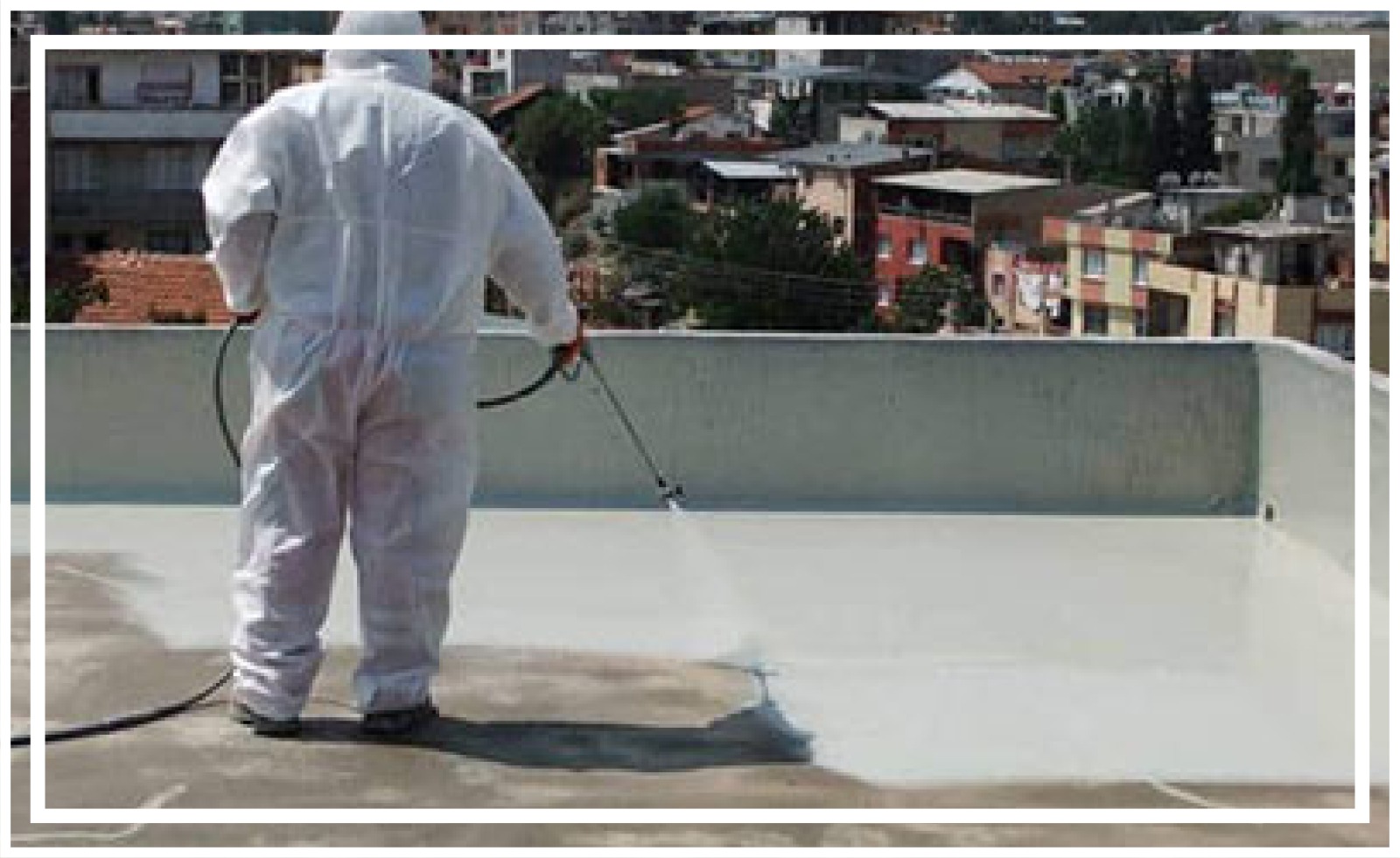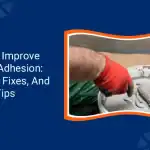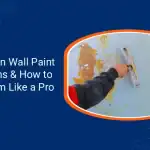 June 28, 2022
June 28, 2022
The most common phenomena affecting the durability of concrete foundations arise from the contact between concrete and surface water or groundwater containing acids, sulfate salts, or chloride ions.
Due to inappropriate concrete quality and architectural features that result in increased potential for long-term contact with water which may change the microstructure and chemical composition of concrete and/or promote the corrosion of reinforcement steel.
Successful waterproofing of concrete foundations prevents the degradation of environmental and health conditions and of building materials used in belowground stories and extends the service life of concrete constructions.
Most concrete foundations waterproofing works thus require the following characteristics:
1. High Flexibility for detail work of waterproofing on complex shapes like footings
2. Punching Resistance to prevent damage from mechanical action during installation
3. Stress cracking resistance means prevention from getting brittle due to chemical agents present in the soil, UV oxidation.
4. High elongation
5. Uniaxial elongation
6. Multiaxial elongation
7. Seaming method

Samar Khan is an assistant general manager with over 8 years of dedicated service at MCON Rasayan. With her business management degree and technical knowledge about the products and their applications, she has broadened our product reach by working closely with key global professionals in the construction industry. Samar has received numerous awards for delivering consistent performance throughout her career.




